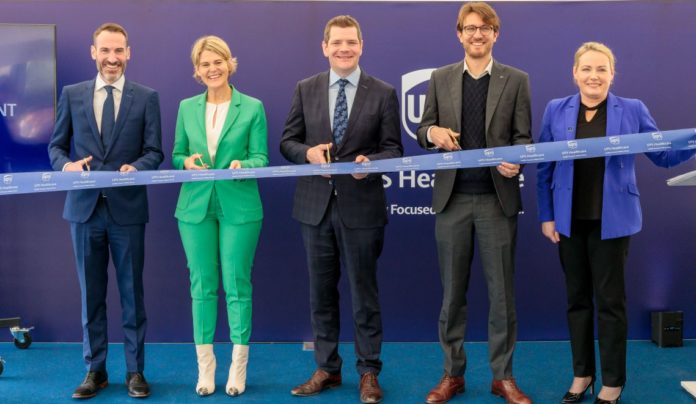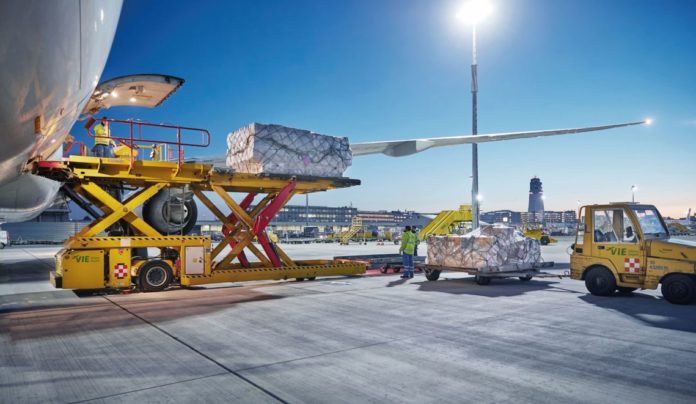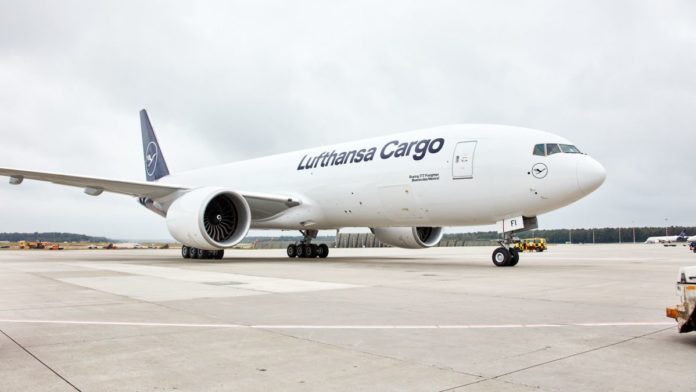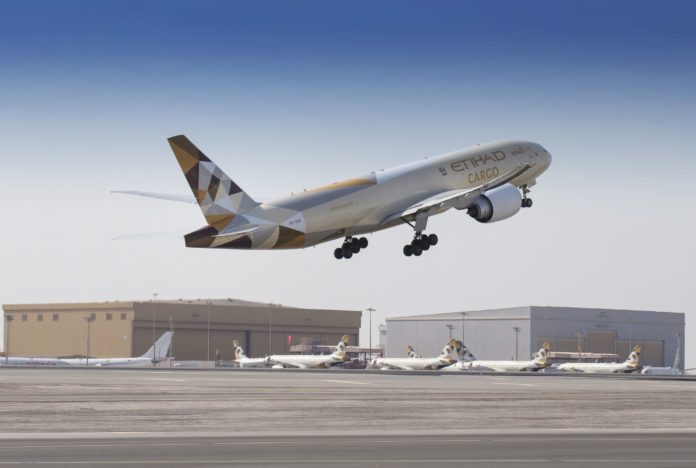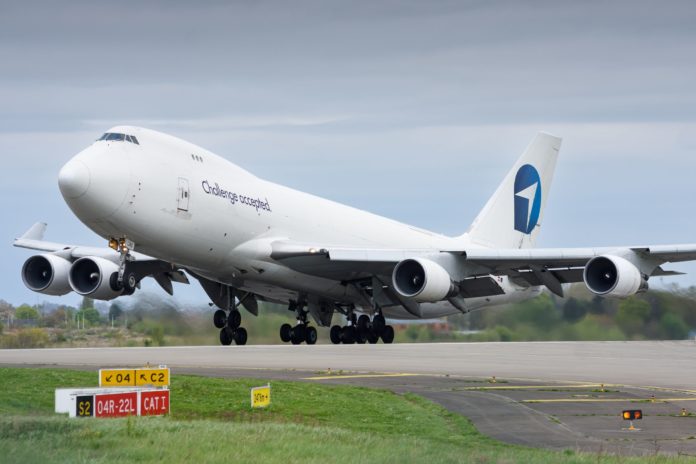Air cargo demand will enjoy a sustained boost as Chinese e-retailers such as Temu and Shein attempt to establish sizeable market share in the US, a senior member of Dimerco Express Group told The Freight Buyers’ Club podcast in mid-May.
However, said vice president of global sales and marketing, Kathy Liu, the strategy trailblazed by rival retailer Amazon for more sustainable ocean-based supply chains will eventually emerge, she predicted.
Shanghai-based Liu believes however that the fast-growing Chinese retail platforms will continue to rely on air freight in the short and medium-term as they differentiate their services from rivals by offering ‘on-demand’ product delivery to US buyers direct from China.
“Every order they take, they ship directly from their warehouse in China,” she told The Freight Buyers’ Club podcast (video available for publication here). “So, it means all those products need to move by air freight. Ocean freight will not be accepted by consumers.”
Consumers purchasing from the mostly Chinese merchants selling on the platforms receive all-in prices with “everything included including transportation, so the end consumer has no need to pay any freight and there’s also no membership charge,” she said.
Liu said the shopping platforms were primarily focussed on overseas markets with many products not even available to buy in China. “Their main focus is the US market,” she added.
According to data from ShipMatrix, Shein and Temu are each now shipping around a million packages a day on average in the US, helping drive spot rates and demand out of Asia by freighter and bellyhold.
Liu said that, unlike Amazon and Alibaba, which generally use ocean freight shipments and store inventory in the US for last-mile delivery, Temu and Shein had not invested heavily in US warehousing. Instead, they sort deliveries into pallet load sizes in China and then air freight shipments for direct delivery to consumers from US airports.
Temu has however started sea/air routes via Taiwan, Japan, and Korea into the US, resulting in “freight rates from these alternative routes that are now exceeding those from mainland China – an unusual occurrence.”
However, she predicts that once market share has been secured and data analysis is able to help better predict product demand ahead of time, more cost-effective logistics solutions will be developed by Chinese e-retailers.
“What we see is that maybe during the next two to three years, they will gradually reduce the airfreight volume and switch to ocean freight, especially after they get [better] big data analysis and understand what kind of product is most frequently ordered by consumers.”
Lui told ehe podcast that e-commerce shipments, on top of strong demand for e-cigarettes and spare parts exports from China to the US, helped keep trans-Pacific air cargo buoyant in the second quarter of 2024.
Space on flights from Beijing to the US has been particularly tight in recent weeks, she added, while exports from China were also driving up volumes at key carrier transit hubs in places such as Taiwan, Singapore and Hong Kong.
On the Asia-Europe trade lane, Liu said the volatile situation in the Middle East and demand for the transportation of materials to France ahead of this summer’s Olympic Games was resulting in relatively tight space with shippers needing to book in advance or use alternative sea-air or all-rail options.
Lui was also upbeat about the general outlook for air cargo for the rest of the year, citing semi-conductor and high-tech demand and a generally improving economic picture.
“I’m actually very positive for the rest of 2024,” she said. “We are quite confident for the coming months. We are expecting a peak during the final quarter.”
https://www.thefreightbuyersclub.com/podcast/trans-pacific-trends-and-challenges-insights-from-freight-industry-experts/








